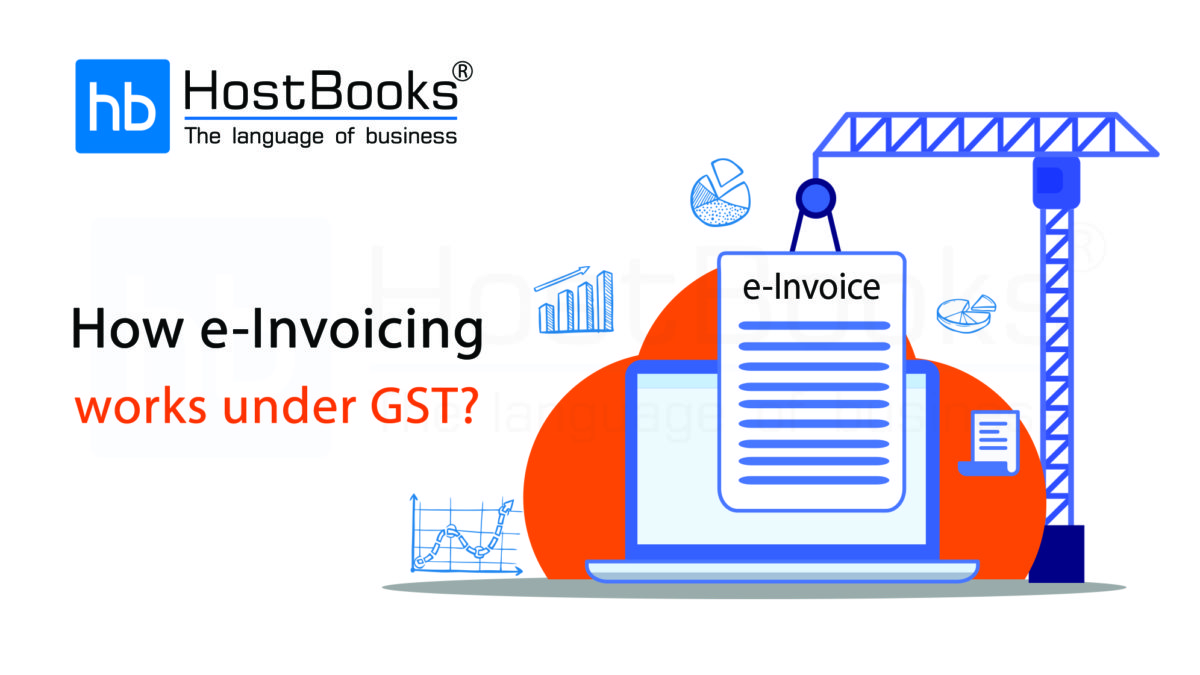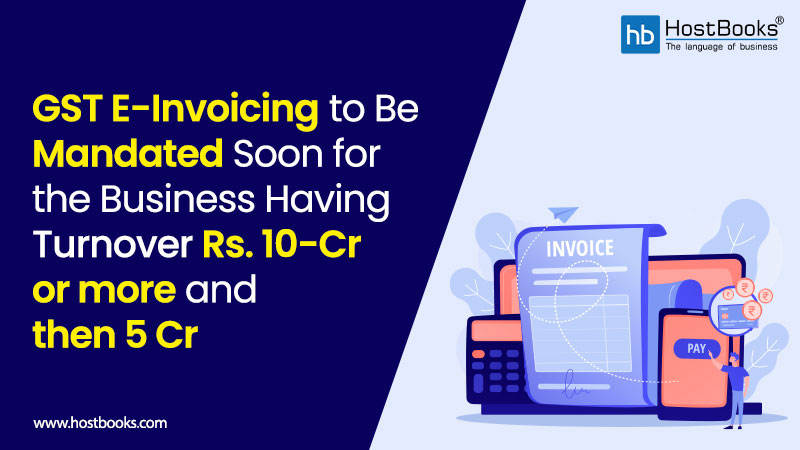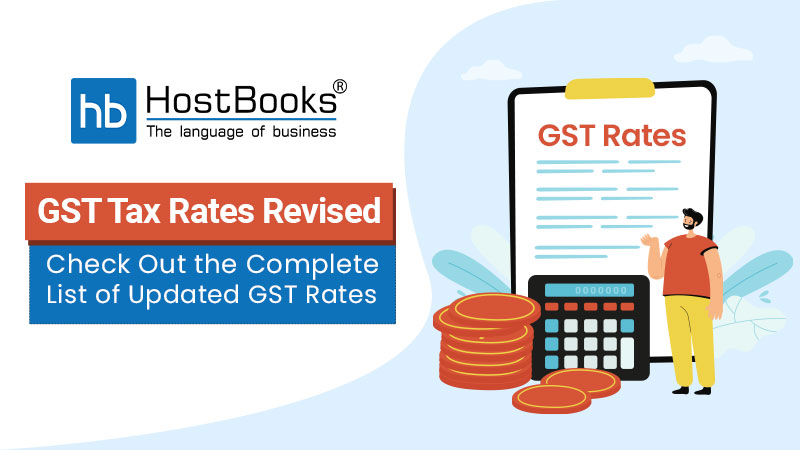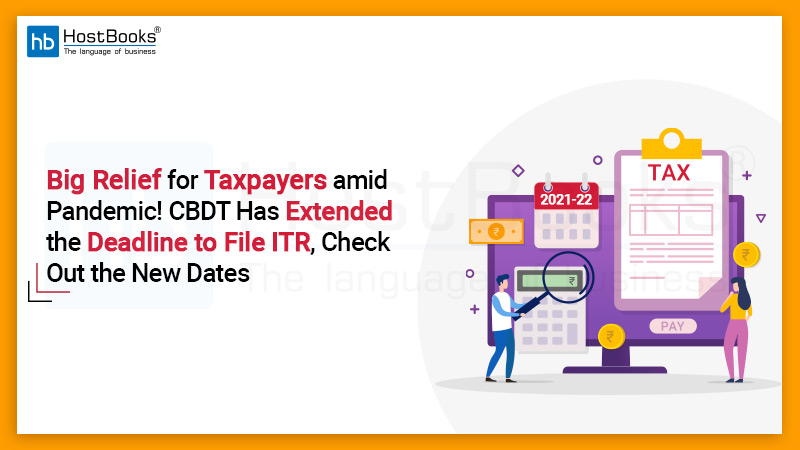How e-Invoicing Works Under GST?

Source: BloombergQuint
The Goods and Services Tax (GST) is considered as one of the most radical tax reforms in India. Apart from making One Nation, One Tax a reality, it has also ushered in a new era of the indirect tax regime which is both digital and driven by technology. Companies across various industries are looking for technology-enabled solutions to meet GST compliances online on the GST network.
In this first two years of technology-driven journey, both industry and the government had to face a lot of technical issues. Fortunately, to reduce the difficulties faced by the industry, the government and GSTN have been agile enough to introduce the required changes. In this year’s Union Budget, the government made a major announcement to push for a digital economy and reduce tax evasion by introducing an e-invoicing system from January 2020.
In the beginning, the government wants to keep it voluntary for the businesses to opt for e-invoicing. Along with this announcement, GSTN, in partnership with ICAI, recently released a consultation paper on the e-Invoice standard for industry feedback. One of the main objectives for this is to provide an opportunity for businesses to automate the reading and booking of invoices across different accounting software.
What are the mechanics of e-Invoicing?
According to the initial discussions and consultation paper, the proposed e-invoicing system will require taxpayers to generate a unique identification number called Invoice Reference Number for each of its invoices. GSTN will provide multiple means to generate the said IRN.
Once the IRN is generated, the details of the invoice and the IRN need to be provided to a pre-notified agency on a real-time basis. Then, the agency would validate the IRN and issue and provide a digitally signed e-invoice to the supplier. The authorized agency would also be able to pass on the invoice details to GSTN for auto-population of returns/e-way bill (Part A). To ensure instant verification, the details of the invoice would also be visible to the buyer on a real-time basis (on the GSTN portal).
The invoices with an IRN will be considered as a valid tax invoice for GST purposes. From the overall process, the e-invoicing system appears to be an extension of the existing e-way bill (EWB) system implemented for the movement of goods. As of now, it is important for industry stakeholders to examine the consultation paper released by GSTN along with the draft e-invoice format.

Try HostBooks
SuperApp Today
Create a free account to get access and start
creating something amazing right now!

















